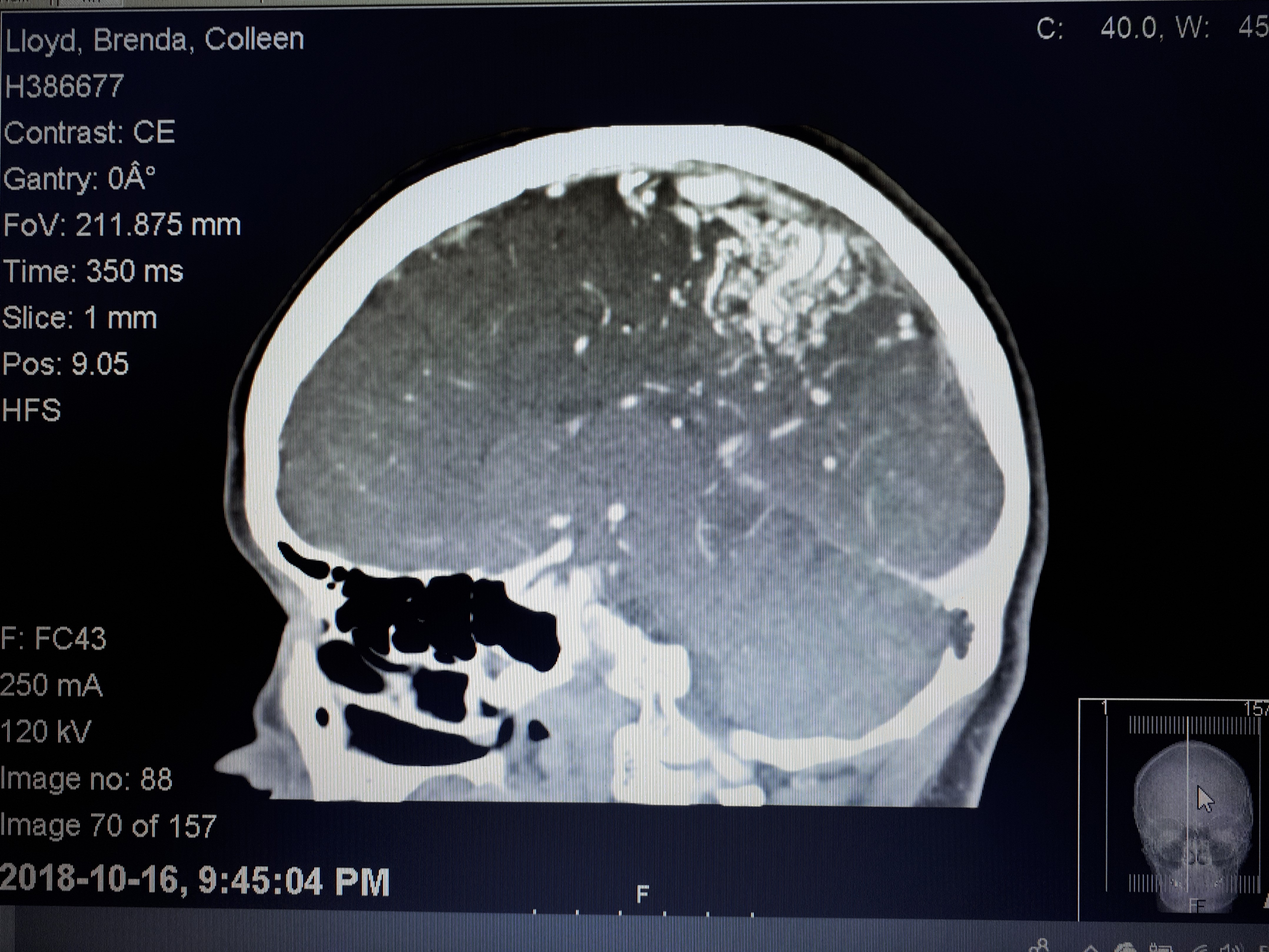After all I've been through - and having spoken, messaged, read about etc. countless others who also deal with aneurysm, AVM, brain injury, and stroke related issues - I feel quite confident making this statement:
If you want to learn ways to simplify your life, ask someone who has experienced a brain injury.
Now, I’m not going to offer a comprehensive list of all the causes and types of brain trauma. Nor am I going to rhyme off a definitive list of symptoms common to all survivors. Every person is singular, every brain is unique, every injury different, and every recovery exceptional.
I can only speak to my experiences, although I know (from speaking with others) that many other brain trauma survivors have a similar long term outcome.
So...why (by no means a comprehensive list) brain injury survivors can be great minimalists and/or experts at lowering stress:
Fried filters
People who have brain injuries often report being irritable, emotionally labile, oversensitive to light, touch, and sound.
I know for me, many of the filters that used to exist between my brain and my mouth have been either obliterated, fried and/or scarred over.
I have to be honest, it gets me in trouble sometimes.
It also works the other way, however, in that many of the filters that used to block out inconsequential details are also damaged, and so little noises become big noises, restaurant chatter becomes a hive of buzzing bees in my head, and walking through a busy store becomes an exercise in crowd avoidance.
I have heard of this phenomenon referred to as "flooding", and I consider the watery analogy appropriate…mostly because a busy situation can often become a tidal wave of "just too much!" that can knock me over, shut me down, and wash away all reason.
I have to be honest, it can be embarrassing sometimes.
Fatigue
No really! And seriously! The fatigue.
I’ve never met a survivor who didn’t whinge about the fatigue!
The brain simply requires more energy to heal and operate after injury, it seems.
The fatigue...ugh. I hate it.
Enough said.
Limitations
There are many people, like me – those with inoperable brain aneurysms and other vascular anomalies - who often feel as though they must tiptoe through this life on eggshells. We are the ones who are told that, if we want to survive, we must monitor our blood pressures, keep our heart rates low, to not strain, to not lift, to not stress.
My reality? I have been told that I have a 60% chance of having another brain hemorrhage before I’m 60. I also hear my heart beat in my head 24/7...a sometimes too loud personal alarm system that unfailingly, and often painfully, warns me when I am pushing it and disobeying medical orders.
These two things are disconcerting, to say the least. On the good side, however, they do tend to bring all things that are truly important into brilliant and crystal focus.
And they are also the beneficial, albeit often relentless, forces that motivate me to continue living in my new and quiet way.

